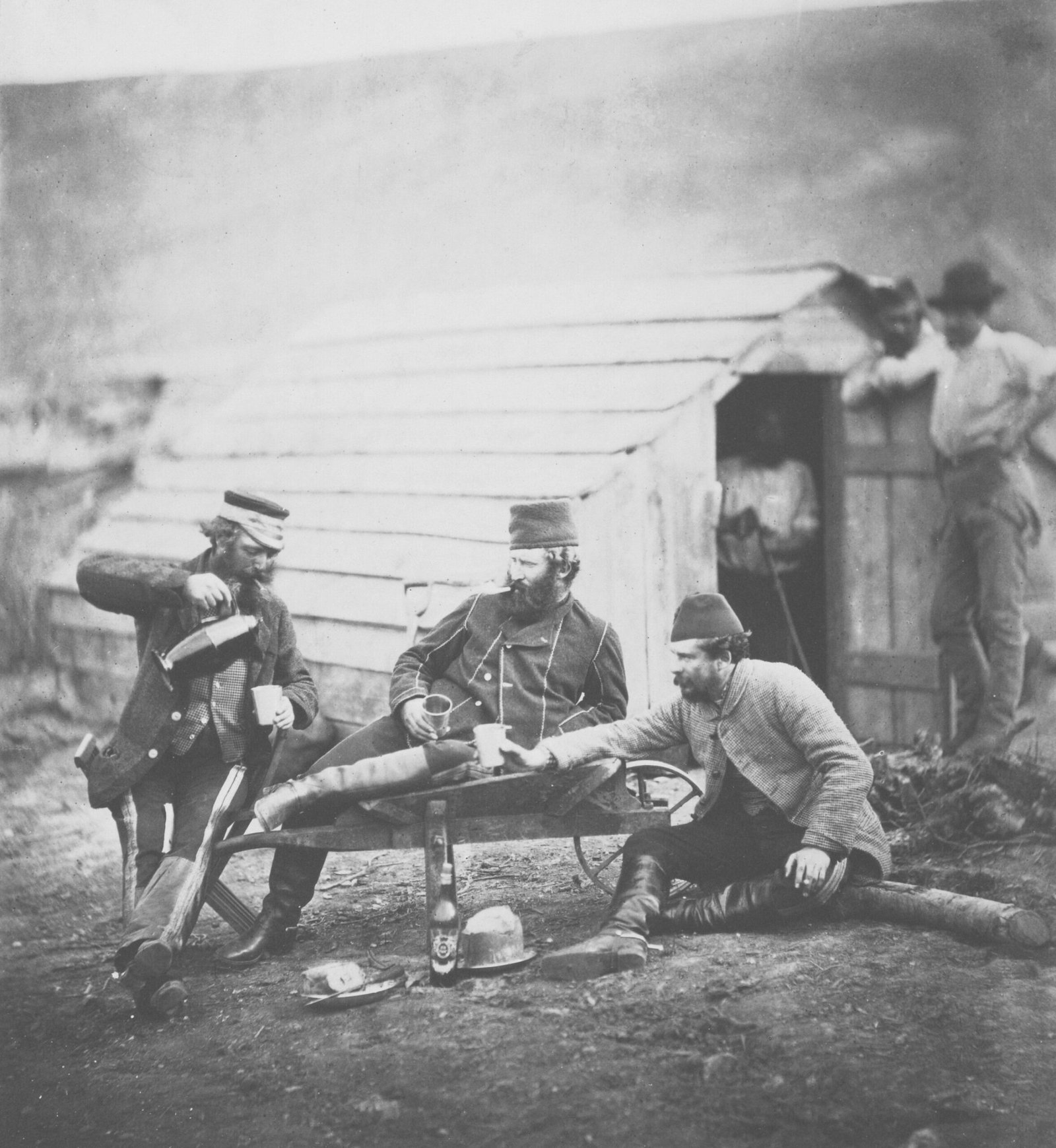The Historical Context of the Victoria Cross
The mid-19th century was marked by a series of military conflicts, with the Crimean War standing out as a significant event that shaped the geopolitical landscape of the time. Fought from 1853 to 1856, the war involved major powers such as the British Empire, France, the Ottoman Empire, and Sardinia on one side, and the Russian Empire on the other. The primary reasons behind the conflict included the decline of the Ottoman Empire and the desire of European powers to curb Russian expansion and influence in the region.
Key battles such as the Siege of Sevastopol, the Battle of Balaclava, and the Battle of Inkerman highlighted the brutal conditions and the immense challenges faced by the soldiers. Despite the harsh environment, including the severe winter of 1854-1855, and the inadequate medical facilities, the valor and resilience of the troops were profoundly evident. These conditions and acts of bravery set the stage for the establishment of a new military honor.
The social and political climate in Britain during this period played a crucial role in the creation of the Victoria Cross. The British public, moved by reports of extraordinary courage from the front lines, demanded a formal recognition of gallantry. Queen Victoria herself was deeply influenced by these accounts and took a personal interest in instituting a new award. On January 29, 1856, the Victoria Cross was established as the highest military decoration for bravery “in the face of the enemy.”
The process for awarding the Victoria Cross was stringent, ensuring that only the most deserving acts of heroism were recognized. Recommendations for the award could be made by commanding officers, and each nomination underwent rigorous scrutiny. The first Victoria Cross awards were bestowed on June 26, 1857, marking a historic moment in military honors.
The Victoria Cross has since stood as a symbol of unparalleled bravery and selflessness, with its recipients honored for their distinguished service. For more detailed accounts and historical records, readers can refer to historical archives and reputable history websites to explore the profound impact of the Victoria Cross over the years.
The First Recipients of the Victoria Cross
The inception of the Victoria Cross on June 26th, 1857 marked a pivotal moment in military history, as Queen Victoria herself presented the first 62 medals to deserving heroes. The ceremony, held at Hyde Park in London, was a grand spectacle attended by numerous dignitaries, military personnel, and members of the public. The atmosphere was charged with anticipation and reverence, as the bravery and sacrifices of these soldiers were formally recognized.
Each of the 62 recipients had demonstrated extraordinary valor during the Crimean War, performing acts of heroism that went above and beyond the call of duty. Among the notable awardees was Charles Davis Lucas, who, in a moment of exceptional courage, threw a live shell overboard to save his ship and crew. Another recipient, Sergeant Major John Grieve, exhibited immense bravery by rescuing wounded comrades under heavy enemy fire.
The personal stories of these men are a testament to their unwavering dedication and heroism. For instance, Private Samuel Parkes of the 4th Light Dragoons was honored for defending a fellow soldier and holding off multiple attackers during the Charge of the Light Brigade. Their deeds were not only acts of individual courage but also symbols of the collective spirit and resilience of the British armed forces.
Receiving the Victoria Cross had a profound impact on the lives and careers of these soldiers. Many of them were promoted and held in high esteem within the military ranks. The recognition also instilled a sense of pride and morale among their peers, fostering a culture of bravery and dedication within the armed forces. The broader societal implications were significant as well; these awards highlighted the importance of valor and sacrifice, reinforcing national pride and unity.
External references to military records and biographies provide further depth to these accounts, ensuring that the legacy of these brave individuals endures. The 26th June 1857: first Victoria Cross awards ceremony remains a seminal event, commemorating acts of heroism that continue to inspire future generations.

